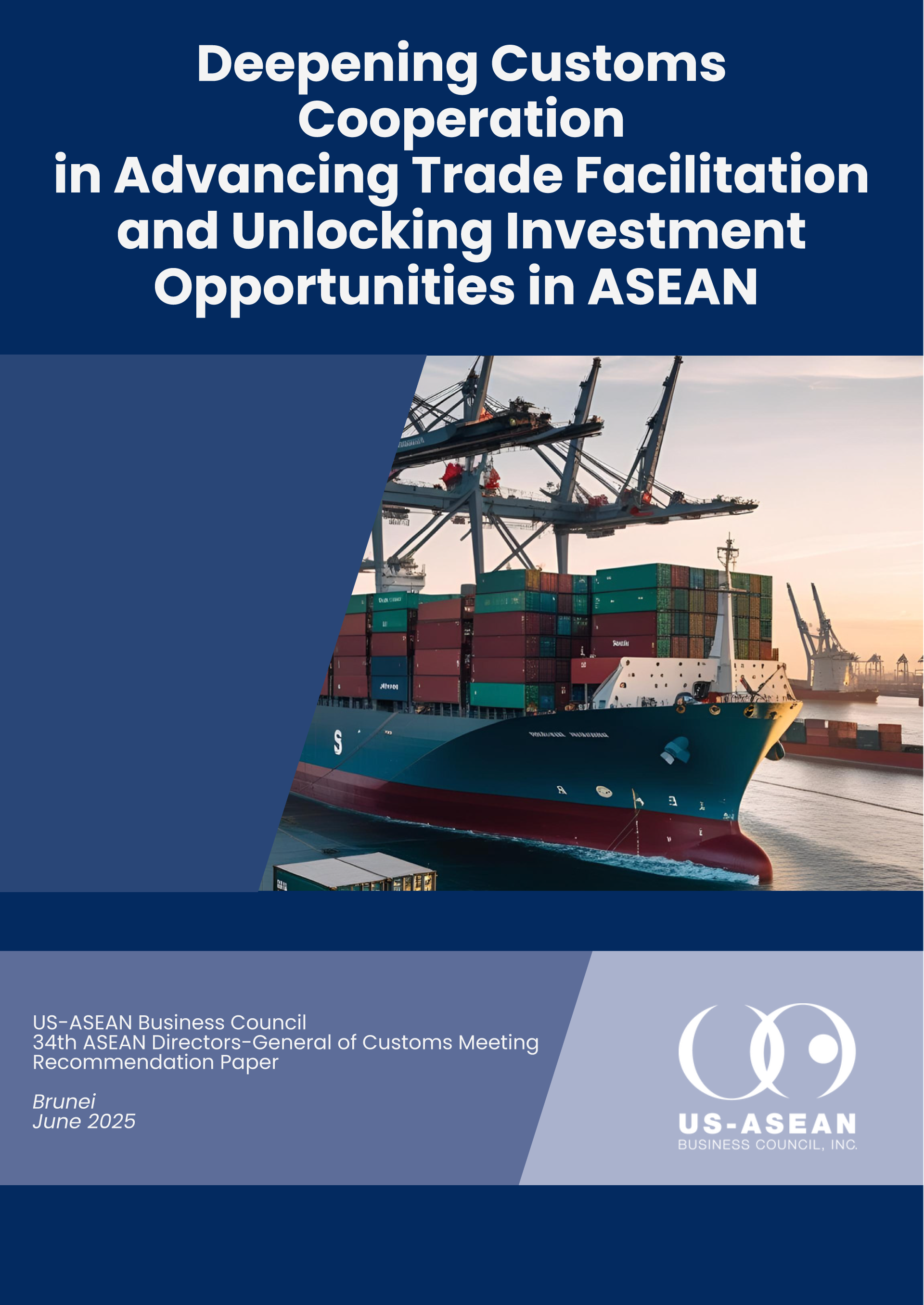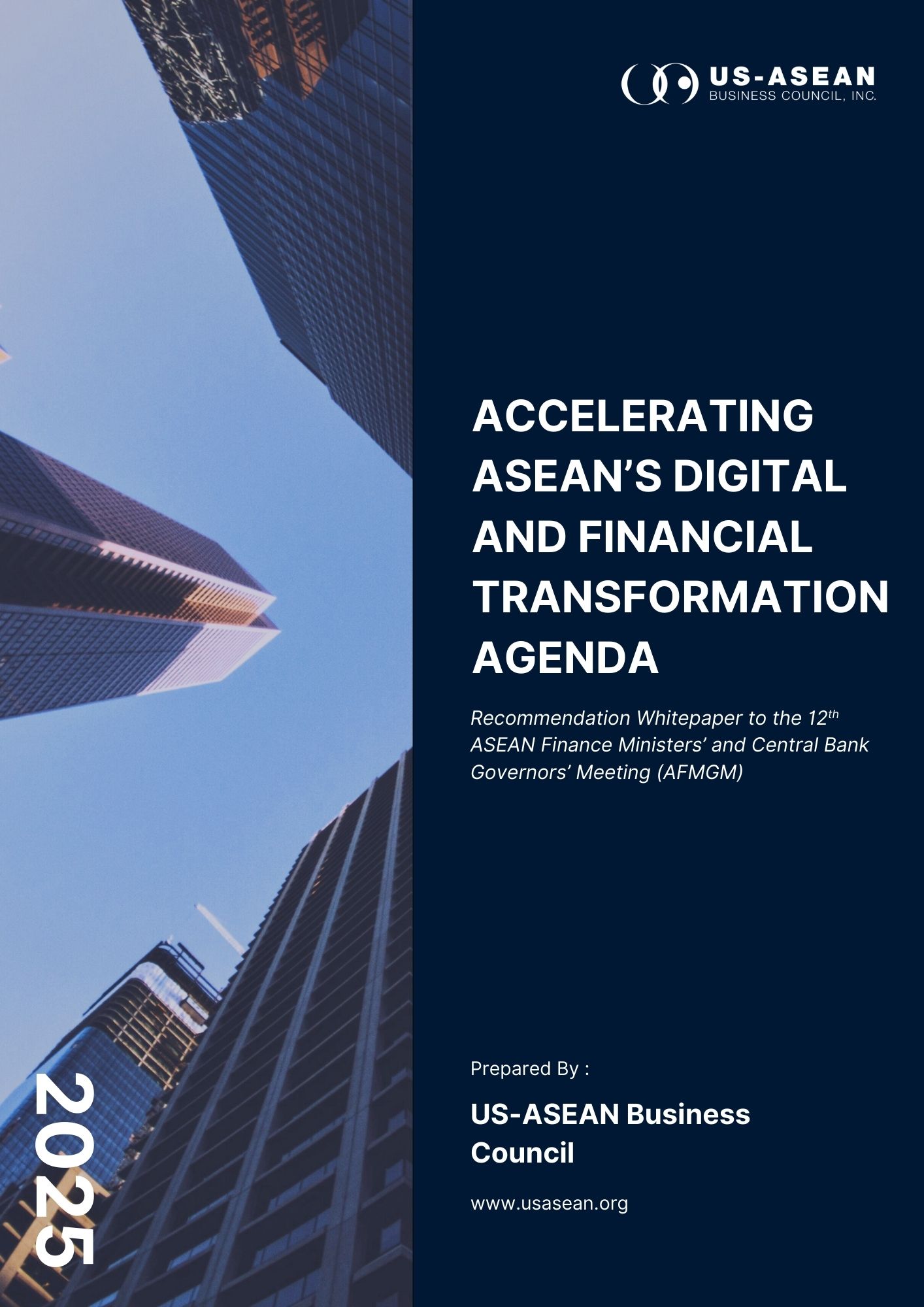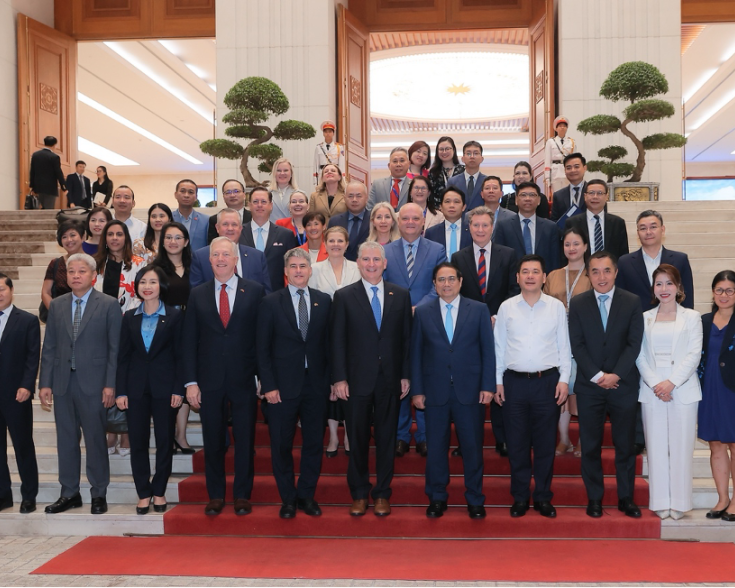Thailand’s 2024 GDP Projections

The World Bank has estimated that Thailand’s economy will grow by approximately 3.2% in 2024. Meanwhile, the Asian Development Bank (ADB) has predicted Thailand's economic growth in 2024 to be at 3.7%, anticipating a recovery in travel and tourism alongside private consumption offsetting a slowdown in exports. However, recently, the Thai Prime Minister and Minister of Finance, Srettha Thavisin, announced that Thailand's economy is expected to grow 2.8% in 2024, making a notable decrease from an earlier forecast of 3.2%. This announcement comes amid challenges such as increasing consumer prices, shrinking factory output, and sluggish demand for key sectors including automobiles and electronics. Moreover, higher interest rates on loans are adding financial pressures for manufacturers. Data from the Bank of Thailand indicates that Thailand's household debt had reached 90.9% of GDP in the third quarter of 2023, totaling 16.2 trillion baht, which is dampening consumer purchasing power.
Despite these challenges, the travel and tourism industry remains a significant contributor to the country’s GDP. The finance ministry anticipates foreign arrivals in 2024 to reach 33.5 million, slightly lower than the previous expectation of 34.5 million. Additionally, Narit Therdsteerasukdi, the secretary-general of the Board of Investment, underscores the positive outlook for the Thai economy in 2024, emphasizing growth prospects driven by tourism revenue and increased exports. This growth is expected to offset weakness in other sectors. Notable, the Thai economy experienced a slowdown in 2023 primarily due to weak exports. However, the finance minister remains optimistic, forecasting a 4.2% growth in Thai exports for 2024, albeit slightly lower than the earlier projection of 4.4%. Thailand’s Manufacturing Production Index (MPI) is expected to increase in 2024, primarily driven by exports, including gold and weapons.
The Office of Industrial Economics (OIE) highlighted the potential impact of geopolitical factors, such as the upcoming presidential elections in Thailand’s trading partner nations, on the country’s economy. According to the Bank of Thailand (BOT), key risks also include the Middle East situation that could affect energy prices, the impacts of climate change on agricultural prices, and government subsidies in Thailand. The Bank of Thailand (BOT) stated the Thai economy in 2024 will stay between 2.5% and 3% and voted to keep the policy rate at 2.50%, while PM Srettha Thavisin suggested cutting rates to boost economic growth.


![Cover-[USABC-Final]-Driving-ASEAN-Unity-Malaysia's-Vision-for-2025](/sites/default/files/2025-07/Cover-%5BUSABC-Final%5D-Driving-ASEAN-Unity-Malaysia%27s-Vision-for-2025.jpg)




![Cover-[USABC-Final]-Driving-ASEAN-Unity-Malaysia's-Vision-for-2025](/sites/default/files/styles/latest_updates_small/public/2025-07/Cover-%5BUSABC-Final%5D-Driving-ASEAN-Unity-Malaysia%27s-Vision-for-2025.jpg?itok=SE1F1mwK)
